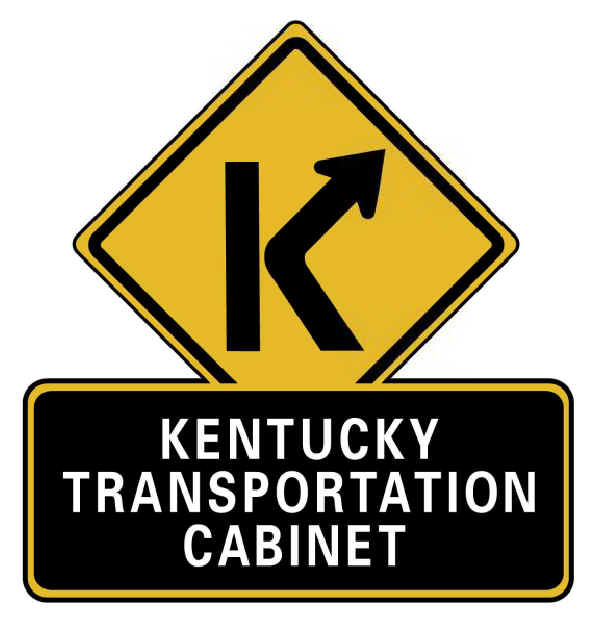Highway crews working to control noxious weeds
Published 1:30 pm Monday, March 25, 2024
|
Getting your Trinity Audio player ready...
|
As the weather warms up, more Kentucky Transportation Cabinet (KYTC) highway crews will be out working to control noxious weeds along state-maintained roadways; a task essential to protecting roadway infrastructure and maintaining safety for motorists.
Drivers are being urged to watch for slower-moving spray trucks and other equipment on highways during that time.
In addition, Kentuckians who are treating noxious weeds on private property adjacent to state-owned rights of way may request highway crews to treat select invasive plants.
KYTC is directed to control the following invasive plants and noxious weeds in accordance with state law and administrative regulations:
- Amur Honeysuckle (Lonicera maackii).
- Canada Thistle (Cirsium arvense).
- Common Teasel (Dipsacus fullonum).
- Cutleaf Teasel (Dipsacus laciniatus).
- Japanese Knotweed (Polygonum cuspidatum).
- Johnson Grass (Sorghum halepense).
- Kudzu (Pueraria montana).
- Marestail (Conyza canadensis).
- Multiflora Rose (Rosa multiflora).
- Nodding Thistle (Carduus nutans).
- Poison Hemlock (Conium maculatum).
- Spotted Knapweed (Centaurea stoebe).
“Managing invasive and noxious plant life maintains safety and protects the integrity of our roadway infrastructure,” said Transportation Cabinet Secretary Jim Gray. “If left unchecked, this vegetation can reduce visibility, damage drainage systems, and attract wildlife that would otherwise not be in the area.”
Noxious weeds like Spotted Knapweed and Canada Thistle often invade and destroy the roadside turf grass, leaving these areas vulnerable to erosion. Aggressive invasive species like Kudzu can smother native plants through rapid reproduction and long-term persistence. Others like Amur Honeysuckle (a favorite of white-tail deer), if left to mature, can grow over 20 feet tall and wide, reducing roadway visibility.
Kentuckians who want to request weed treatment must submit a written application to their local KYTC highway district office. To request an application, please contact the appropriate district highway office. Contact information may be found on the district web pages listed here.
Drivers are reminded to use extra caution when crews spraying for weeds are out on the roadways.






